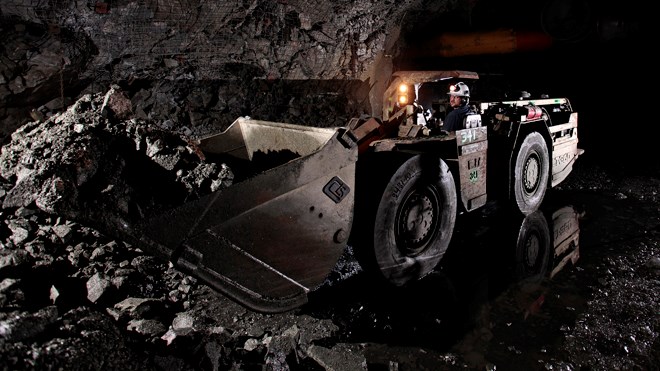The non-governmental organization MiningWatch Canada says it welcomes Ontario Auditor General Bonnie Lysyk's annual report, which found Ontario lags behind other provinces for environmental assessments of large industrial projects like mines.
“Ontario is the only province that generally requires no environmental assessments for private-sector projects in, for example, mining and chemical manufacturing, which have had, and can have extensive long-term impacts,” Lysyk said in her annual report.
“In other words, Ontario does practically no, or very little environmental assessments of mines ahead of approving them,” said Ugo Lapointe, MiningWatch Canada's program co-ordinator.
Lapointe said he was glad to hear Ontario Minister of the Environment and Climate Change Glenn Murray made a commitment to update the province's 40-year-old Environmental Assessment Act after the auditor general published her report.
“If it takes an auditor general's report for the government to move, that's great,” Lapointe said.
Quebec updated its own environmental assessment regulations in 2013 to make them a requirement for all mines that produce at least 2,000 tonnes of ore per day.
Lapointe said that covers more than 80 per cent of all mines in that province.
“It's the total opposite of Ontario,” he said.
In addition to a general lack of environmental assessments ahead of major projects, Lysyk's report found the Ministry of the Environment and Climate change does not have the resources and staff necessary to inspect industrial emitters.
“We found that the majority of emitters have not been inspected as they should be, and that the penalties levied against non-compliant emitters have not been significant enough to act as a deterrent and prevent them from polluting again,” she said in a press release attached to the report.
The audit found about 80 per cent of emitters that have received approvals in the last 15 years have never been inspected by the Ministry of the Environment and Climate Change, which has minimal information about the risks they pose to the environment and human health. It assumes that they pose minimal risk — but has no evidence to support this assumption.
Ministry inspections of the other 20 per cent of emitters over the last five years found that, on average, between 20 per cent and 47 per cent were violating the conditions of their approvals, indicating a need for more frequent inspections.
Lapointe said any short-term savings by cutting the number of environmental inspectors in the province could be outdone by the long-term costs of dealing with emitters.
